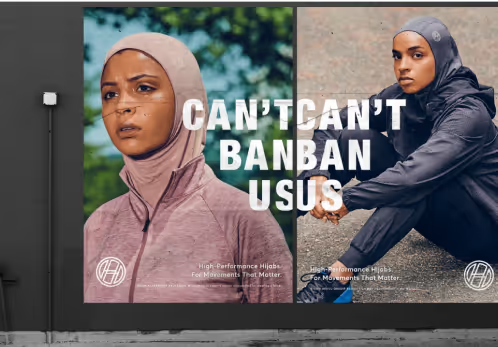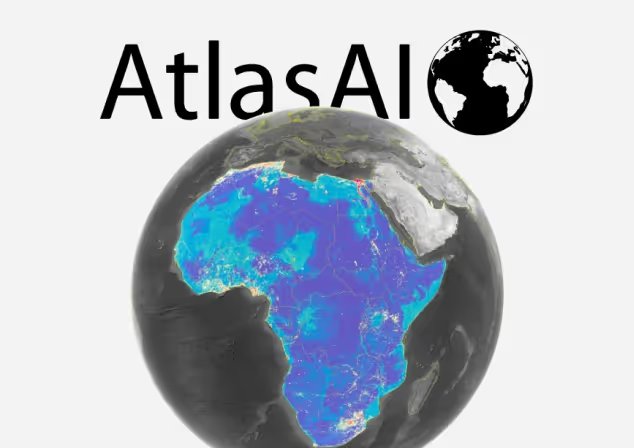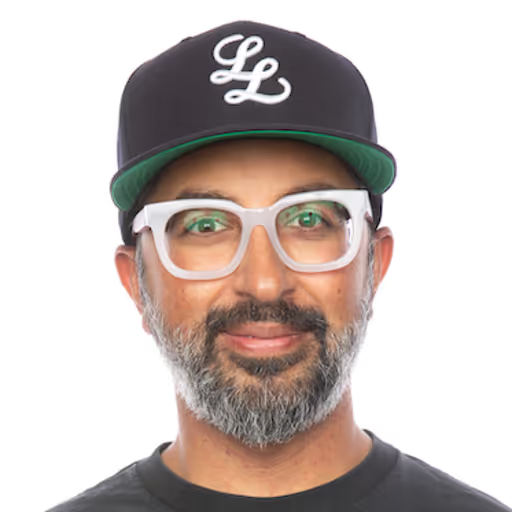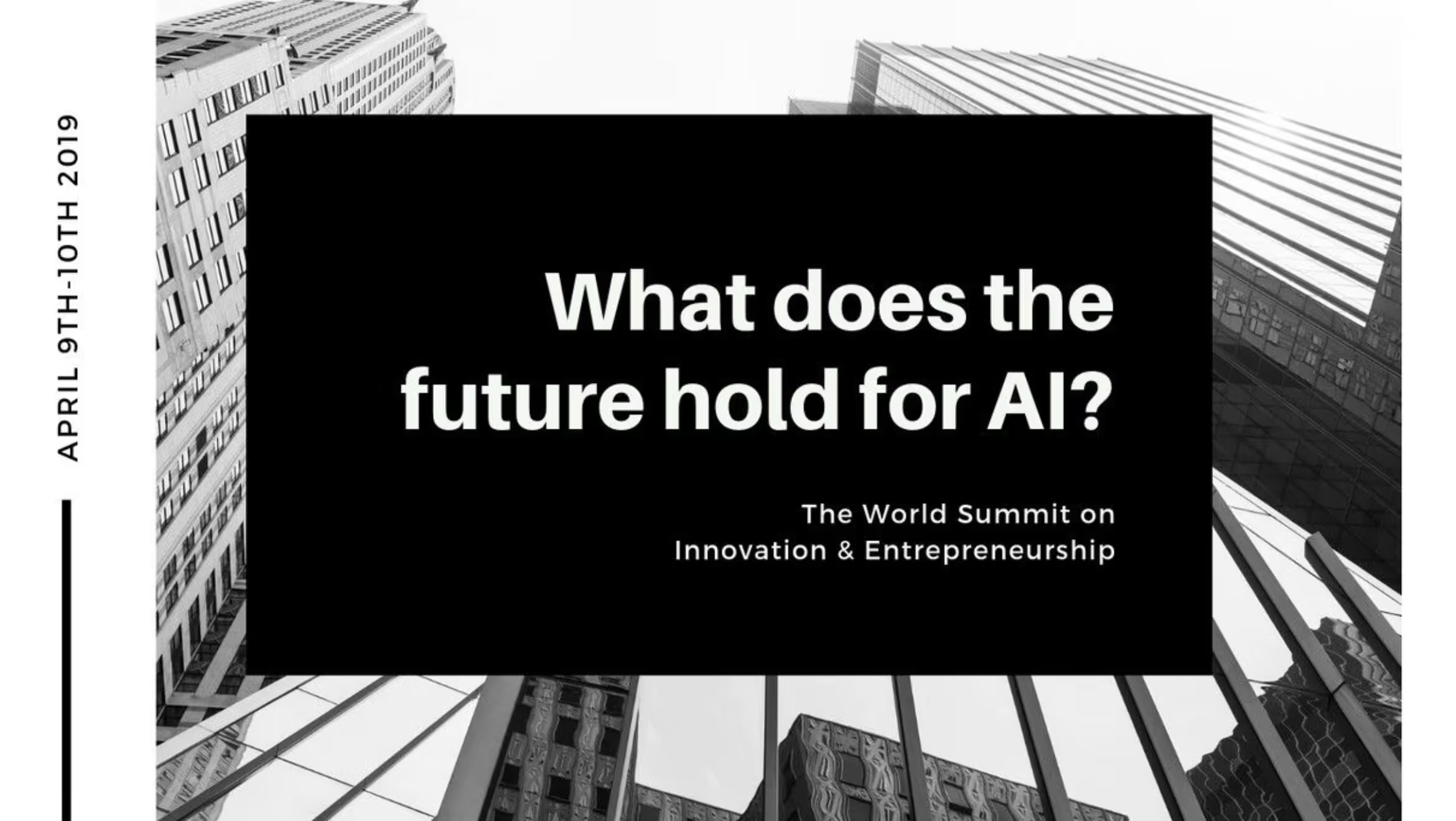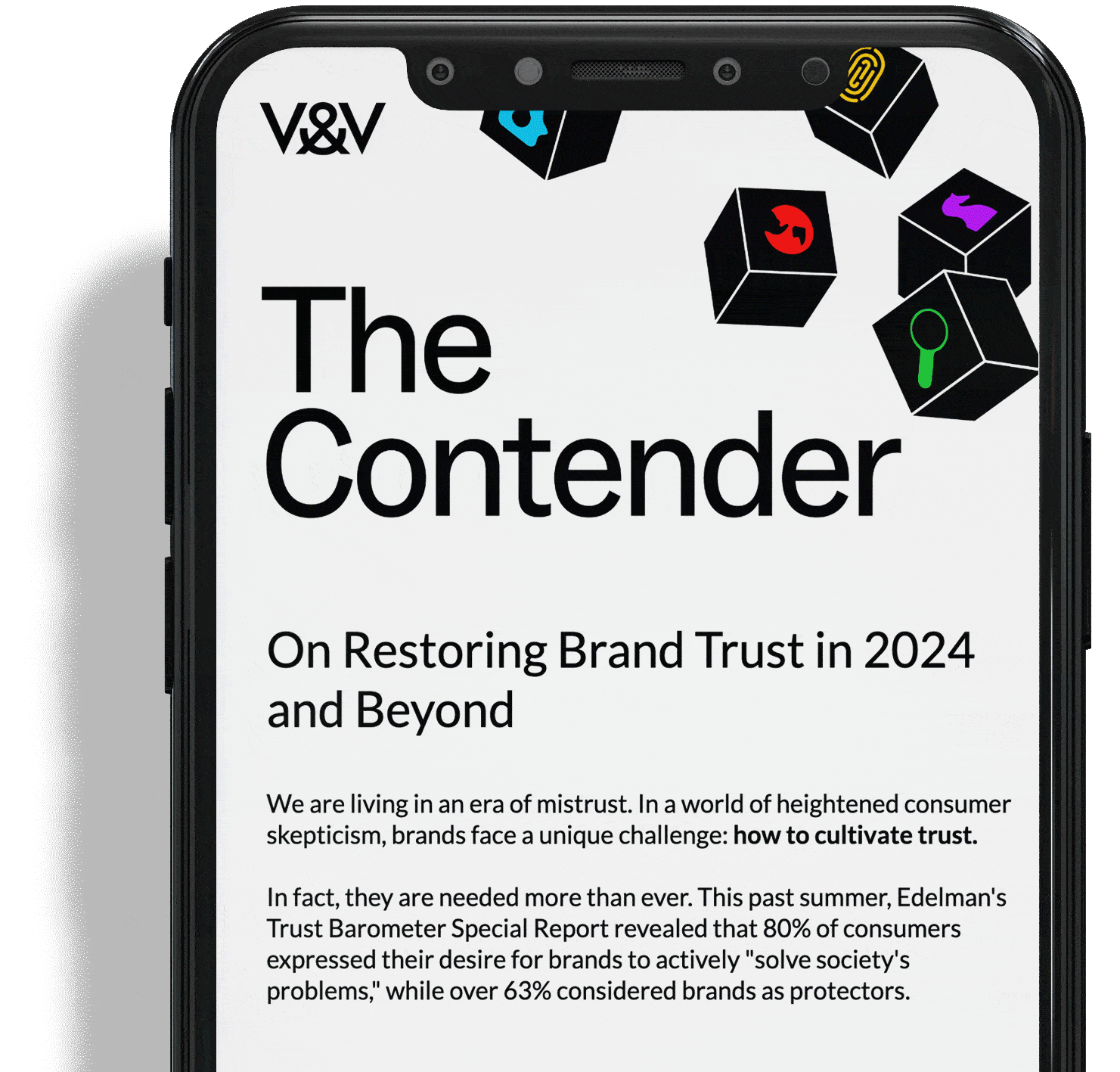Rahul Raj Reflects on the World Summit on Innovation & Entrepreneurship
It was a privilege to join the Fellowship Program at the World Summit on Innovation & Entrepreneurship (WSIE) from April 9th-10th at the Fashion Institute of Technology in NYC. Extraordinary minds and humans from across the globe were assembled - such as the CTO of Uber, the CEO of Lark Health and the CEO of The Dalai Lama Center for Ethics and Transformative Values - to discuss how we understand and design the interactions between humans and machines (Artificial Intelligence) to positively transform work – and life – as we know it.
Following 2 days of provocative dialogue, here are my top 4 takeaways from the WSIE.
There is a strong desire to unlock human potential through AI.
Across all industries – healthcare, transportation, hospitality, fashion, and more – there is growing optimism about the benefits of AI to enable humans to be better and do more. Industry leaders believe that a symbiotic relationship between man and machine will enable: improved customer experiences, environmental sustainability and frictionless personalized recommendations. Akin to how fire and tools enable us to master our environment, AI is poised to be a higher order tool to unlock human potential.
“Artificial” emotions blur the lines between man and machine.
Just as we nurture empathy and compassion among our children, showing them the cues and appropriate social responses, so too does it seem that empathy and compassion can be programmed for machines. The result is consumer confusion as to whether they are dealing with a human or machine, akin to the tricks we play on our bodies in confusing artificial sweetener with natural sugar. The implications of this confusion will take time to reveal themselves, but they are cause for concern and a threat to authenticity.
We must consider the unintended consequences of AI from the outset.
Since the interest around AI is growing fast, we often only focus on the benefits – like the impact on those with terminal illness. However, there are many unintended consequences that must be thoroughly discussed, including increased inequality and reduced privacy. New law practices are being established to defend those that are at risk of being adversely impacted. Expect to see more conversations around developing ethical AI –with less bias, meaning more input from ethnically, socio-economically and gender diverse teams that bring different and needed perspectives to core algorithms.
Transparency into the rationale and logic behind AI decision making is critical.
Like any tool, AI largely depends on the intentions of the user. We need to understand the rules and triggers used by the algorithm to draw a conclusion, so that we can continually evaluate and reevaluate the logic and course correct when something isn’t going right. Without the visibility, we run the risk of blindly trusting a system that offers incorrect and biased solutions reflective of the (potentially flawed, negative and discriminatory) views of its programmer.
As a Fellow, I’ll be collaborating with many of the speakers and attendees over the coming years, in shaping the scaffolding for global innovation, ensuring representation to minimize bias, upholding ethical standards and leveraging the insights to enable socially conscious challenger brands. The journey is just beginning.





